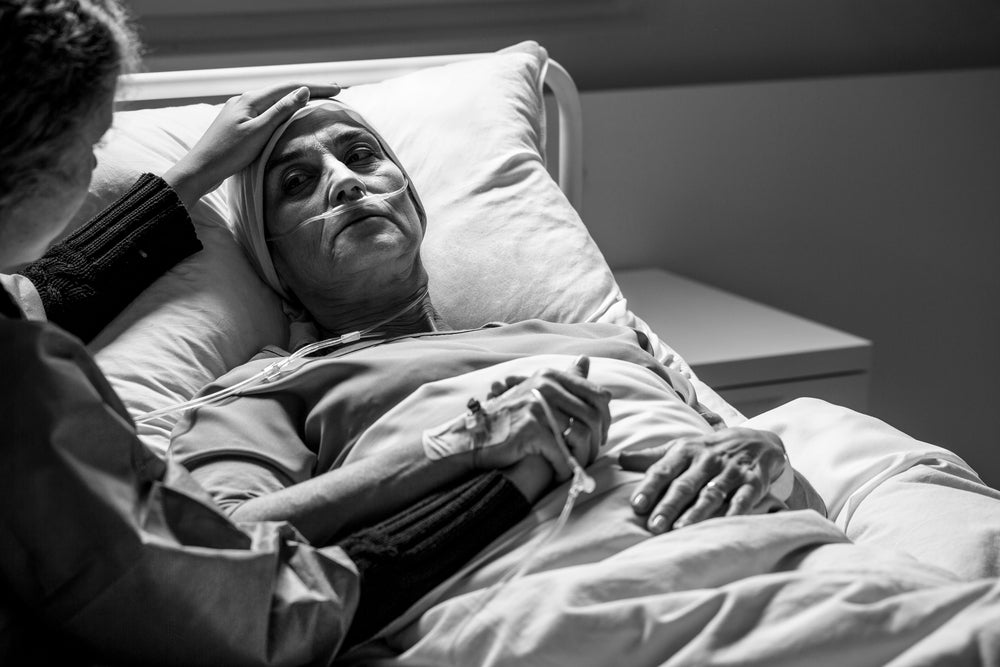A physician explains that the body goes through a number of intricate changes in the final minutes before death.
A progressive loss of consciousness results from the heart slowing down, respiration becoming shallow, and the brain beginning to malfunction as key organs start to die down.
On BBC Women's Hour, Dr. Kathryn Mannix, who worked in palliative care for thirty years, offered her observations about our last moments, according to Metro. "Dying for Beginners," her most recent short animation, attempts to confront the dread that a lot of people feel about dying.
She clarified, "It's a state of not knowing anything, not a frightening mental state to be in."
According to Dr. Mannix, the process begins with the body "running out of energy, almost like when you have an old mobile phone and the battery won't stay charged."
"And the battery is dozing off. More than what you eat or drink. Furthermore, it's acceptable that many terminally ill patients don't feel very hungry, said Dr. Mannix.
"They're not starving, so they're not dying. Their bodies are failing, therefore they aren't eating. Therefore, as time passes, people progressively require more sleep in order to have periods of sufficient energy for thought and action, according to her. And individuals eventually go from being sleeping to being unconscious. They no longer see the distinction.
She also mentioned that, in contrast to what is depicted in movies, our lives do not end suddenly and that the body goes into a deep state of unconsciousness.
Regarding the alleged "death rattle," she explained, "The brain runs reflex breathing patterns that move back and forth between quite deep breathing that gradually becomes more shallow."
And then we're back at the starting point once more, going back and forth between slow breathing, faster breathing, and then slower breathing once more. If you haven't seen that previously, you could assume that the person breathing—possibly quickly but shallowly—is having trouble breathing, panting, or is uncomfortable, according to Dr. Mannix.
She assured the victim is secure throughout this "deep unconsciousness" phase.
And then, at the very end of a person's life, there's typically a period of sluggish breathing. This is not at all what Hollywood has led us to expect—there will be a breath out that just has no breath in after it.
According to Dr. Mannix, her goal is to "take away the fear" of passing away.
Doctor Explains What Happens to Our Bodies Moments Before Death
Reaux Fareal
